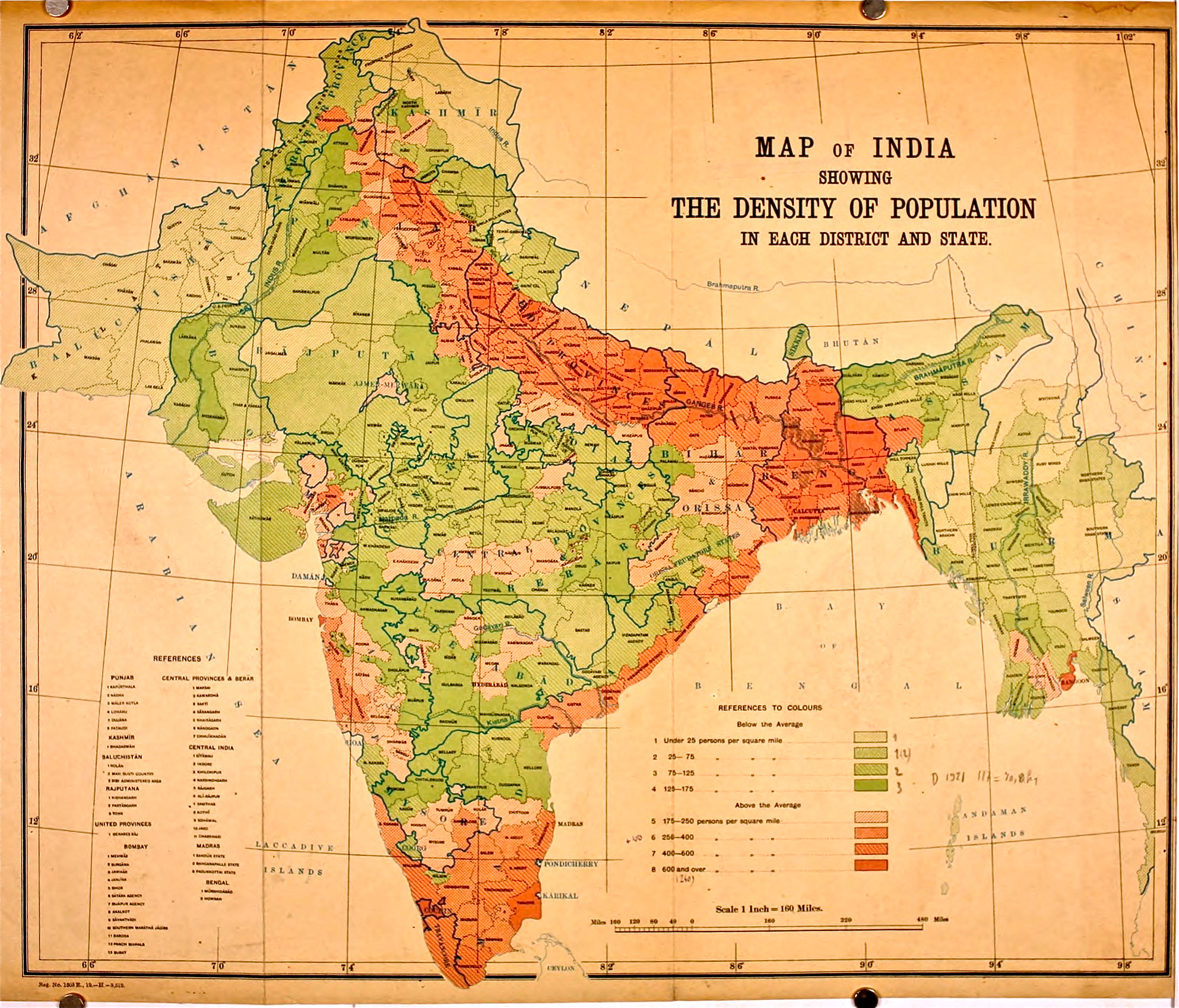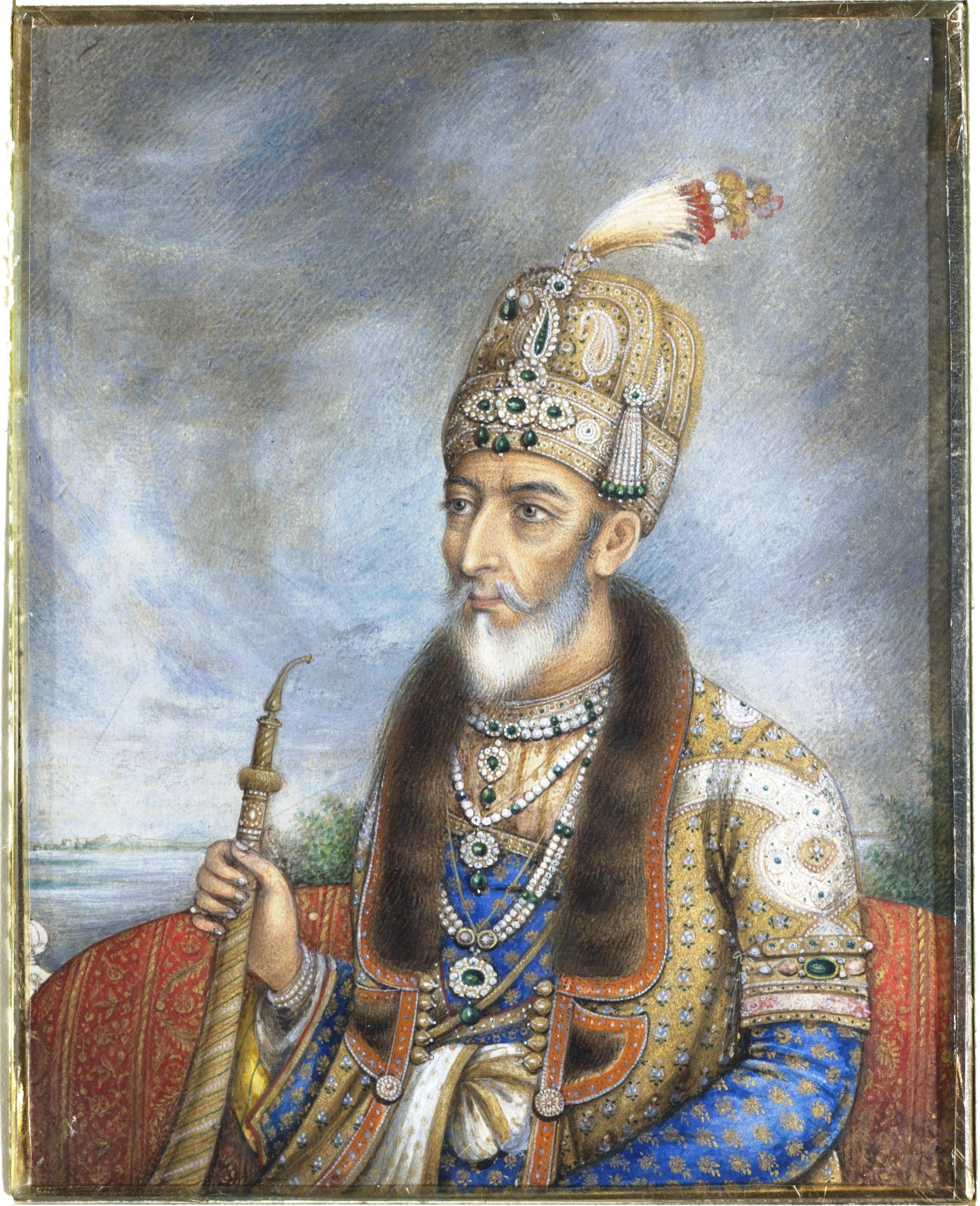|
Deobandi Islamic Universities And Colleges
The Deobandi movement or Deobandism is a revivalist movement within Sunni Islam that adheres to the Hanafi school of jurisprudence. It was formed in the late 19th century around the Darul Uloom Madrassa in Deoband, India, from which the name derives, by Muhammad Qasim Nanautavi, Rashid Ahmad Gangohi, Ashraf Ali Thanwi and Khalil Ahmad Saharanpuri after the Indian Rebellion of 1857–58. They opposed the influence of non-Muslim cultures on the Muslims living in South Asia. The movement pioneered education in religious sciences through the ''Dars-i-Nizami'' associated with the Lucknow-based of Firangi Mahal with the goal of preserving traditional Islamic teachings from the influx of modernist and secular ideas during British colonial rule. The Deobandi movement's Indian clerical wing, Jamiat Ulema-e-Hind, was founded in 1919 and played a major role in the Indian independence movement through its participation in the pan-Islamist ''Khilafat'' movement and propagation of the doc ... [...More Info...] [...Related Items...] OR: [Wikipedia] [Google] [Baidu] |
Khalil Ahmad Saharanpuri
Khalil Ahmad Saharanpuri (; December 185213 October 1927) was an Indian Islamic scholar of the Deobandi movement. He authored '' Badhl Al-Majhud Fi Hall Abi Dawud'', an 18-volume commentary on the hadith collection ''Sunan Abi Dawud''. He was a Sunni of the Hanafi school. He was also a Sufi shaykh of the Chishti order, being a disciple and successor of Rashid Ahmad Gangohi. Name and family background In one of his books he introduces himself as, " Ḥāfiz̤ Abū Ibrāhīm K͟halīl Aḥmad ibn Shāh Majīd ‘Alī ibn Shāh Aḥmad ‘Alī ibn Shāh Qut̤b ‘Alī." In the biographical work ''Nuzhat al-Khawatir'' it is written, "K͟halīl Aḥmad al-Anbeṭhawī as-Sahāranpūri: The Shaykh, the ‘Ālim, the Faqīh, K͟halīl Aḥmad ibn Majīd ‘Alī ibn Aḥmad ‘Alī ibn Qut̤b ‘Alī ibn G͟hulām Muḥammad al-Anṣārī al-Ḥanafī al-Anbeṭhawī, one of the righteous scholars and senior jurists and traditionists." In ''Mu‘jam al-Ma‘ājim wa-al-Mashyakh� ... [...More Info...] [...Related Items...] OR: [Wikipedia] [Google] [Baidu] |
Madhhab
A ''madhhab'' (, , pl. , ) refers to any school of thought within fiqh, Islamic jurisprudence. The major Sunni Islam, Sunni ''madhhab'' are Hanafi school, Hanafi, Maliki school, Maliki, Shafi'i school, Shafi'i and Hanbali school, Hanbali. They emerged in the ninth and tenth centuries CE and by the twelfth century almost all Islamic jurist, Islamic jurists aligned themselves with a particular ''madhhab''. These four schools recognize each other's validity and they have interacted in legal debate over the centuries. Fatwa, Rulings of these schools are followed across the Muslim world without exclusive regional restrictions, but they each came to dominate in different parts of the world. For example, the Maliki school is predominant in North and West Africa; the Hanafi school in South and Central Asia; the Shafi'i school in East Africa and Southeast Asia; and the Hanbali school in North and Central Arabia. The first centuries of Islam also witnessed a number of short-lived Sunni ''m ... [...More Info...] [...Related Items...] OR: [Wikipedia] [Google] [Baidu] |
Taqlid
''Taqlid'' (, " imitation") is an Islamic term denoting the conformity of one person to the teaching of another. The person who performs ''taqlid'' is termed ''muqallid''. The definite meaning of the term varies depending on context and age. Classical usage of the term differs between Sunni Islam and Shia Islam. Sunni Islamic usage designates the unjustified conformity of one person to the teaching of another, rather than the justified conformity of a layperson to the teaching of a ''mujtahid'' (a person who is qualified for independent reasoning). Shia Islamic usage designates general conformity to the teaching of a ''mujtahid'', and there is no negative connotation. The discrepancy corresponds to differing views on the Shia Imamate and Sunni imams. In contemporary usage, especially in the context of Salafism, ''taqlid'' is often portrayed in a negative light and translated as "blind imitation". This refers to the perceived stagnation of independent intellectual effort ('' ij ... [...More Info...] [...Related Items...] OR: [Wikipedia] [Google] [Baidu] |
Fiqh
''Fiqh'' (; ) is the term for Islamic jurisprudence.Fiqh Encyclopædia Britannica ''Fiqh'' is often described as the style of human understanding, research and practices of the sharia; that is, human understanding of the divine Islamic law as revealed in the Quran and the sunnah (the teachings and practices of the Islamic prophet Muhammad and his companions). Fiqh expands and develops Shariah through interpretation (''ijtihad'') of the Quran and ''Sunnah'' by Islamic jurists (''ulama'') and is implemented by the rulings (''fatwa'') of jurists on questions presented to them. Thus, whereas ''sharia'' is considered immutable and infallible by Muslims, ''fiqh'' is considered fallible and changeable. ''Fiqh'' deals with the observance of rituals, morals and social legislation in Islam as well as econo ... [...More Info...] [...Related Items...] OR: [Wikipedia] [Google] [Baidu] |
Composite Nationalism
Composite nationalism is a concept that argues that people of diverse ethnicities, cultures, tribes, castes, communities, and faiths, collectively comprise the Indian nation. The idea teaches that "nationalism cannot be defined by religion in India." While Indian citizens maintain their distinctive religious traditions, they are members of one united Indian nation. Composite nationalism maintains that prior to the arrival of the British into the subcontinent, no enmity between people of different religious faiths existed; and as such these artificial divisions can be overcome by Indian society. History Bipin Chandra Pal put forward the idea of composite patriotism in colonial India in 1906, promulgating the idea that "Hindus, Muslims, Christians, and other religious minorities (including the 'animistic' tribals) should preserve their distinctive religious cultures while fighting together for freedom." David Hardiman, a historian of modern India, writes that prior to the ... [...More Info...] [...Related Items...] OR: [Wikipedia] [Google] [Baidu] |
Khilafat Movement
The Khilafat movement (1919–22) was a political campaign launched by Indian Muslims in British India over British policy against Turkey and the planned dismemberment of the Ottoman Empire after World War I by Allied forces. Leaders participating in the movement included Ahmad Sagheer Haji Variyami, Maulana Shaukat Ali, Maulana Mohammad Ali Jauhar, Hakim Ajmal Khan, and Abul Kalam Azad who organised the movement to redress the grievances of Turkey. Mahatma Gandhi had supported the movement as part of his opposition to the British Empire, and he also advocated for a wider non-cooperation movement at the same time. Vallabhbhai Patel, Bal Gangadhar Tilak and other Hindu and Congress figures also supported the movement. Generally described as a protest against the sanctions placed on the Ottoman Empire after the First World War by the Treaty of Sèvres, the movement is also noted for promoting Hindu-Muslim unity. It ended in 1922 after the end of the non-cooperation move ... [...More Info...] [...Related Items...] OR: [Wikipedia] [Google] [Baidu] |
Pan-Islamism
Pan-Islamism () is a political movement which advocates the unity of Muslims under one Islamic country or state – often a caliphate – or an international organization with Islamic principles. Historically, after Ottomanism, which aimed at the unity of all Ottoman citizens, Pan-Islamism was promoted in the Ottoman Empire during the last quarter of the 19th century by Sultan Abdul Hamid II for the purpose of preventing secession movements of the Muslim peoples in the empire. Pan-Islamism differentiates itself from pan-nationalistic ideologies, for example Pan-Arabism, by focusing on religion and not ethnicity and race. It sees the ummah (Muslim community) as the focus of allegiance and mobilization, including the Tawhid belief by the guidance of Quran and Sunnah's teachings. The major leaders of the Pan-Islamist movement were the triad of Jamal al-Din Afghani (1839–1897), Muhammad Abduh (1849–1905) and Sayyid Rashid Rida (1865–1935), who were active in anti-colon ... [...More Info...] [...Related Items...] OR: [Wikipedia] [Google] [Baidu] |
Indian Independence Movement
The Indian independence movement was a series of historic events in South Asia with the ultimate aim of ending British Raj, British colonial rule. It lasted until 1947, when the Indian Independence Act 1947 was passed. The first nationalistic movement took root in the newly formed Indian National Congress with prominent moderate leaders seeking the right to appear for Indian Civil Service examinations in British India, as well as more economic rights for natives. The first half of the 20th century saw a more radical approach towards self-rule. The stages of the independence struggle in the 1920s were characterised by the leadership of Mahatma Gandhi and Congress's adoption of Gandhi's policy of non-violence and Salt March, civil disobedience. Some of the leading followers of Gandhi's ideology were Jawaharlal Nehru, Vallabhbhai Patel, Abdul Ghaffar Khan, Maulana Azad, and others. Intellectuals such as Rabindranath Tagore, Subramania Bharati, and Bankim Chandra Chattopadhyay spr ... [...More Info...] [...Related Items...] OR: [Wikipedia] [Google] [Baidu] |
Jamiat Ulema-e-Hind
Jamiat Ulema-e-Hind or Jamiat Ulama-i-Hind ( ) is one of the leading organizations of Islamic scholars belonging to the Deobandi school of thought in India. It was founded in November 1919 by a group of Muslim scholars including Abdul Bari Firangi Mahali, Kifayatullah Dehlawi, Muhammad Ibrahim Mir Sialkoti and Sanaullah Amritsari. The Jamiat was an active participant in the Khilafat Movement in collaboration with the Indian National Congress. It also opposed the partition of India, taking the position of composite nationalism: that Muslims and non-Muslims form one nation. As a result, this organisation had a small break-away faction known as the Jamiat Ulema-e-Islam, which decided to support the Pakistan movement. The constitution of the Jamiat was drafted by Kifayatullah Dehlawi. As of 2021, it is spread over various states of India and has established institutions and wings such as the Idara Mabahith-e-Fiqhiyyah, the Jamiat National Open School, the Jamiat Ulama-e-Hind ... [...More Info...] [...Related Items...] OR: [Wikipedia] [Google] [Baidu] |





